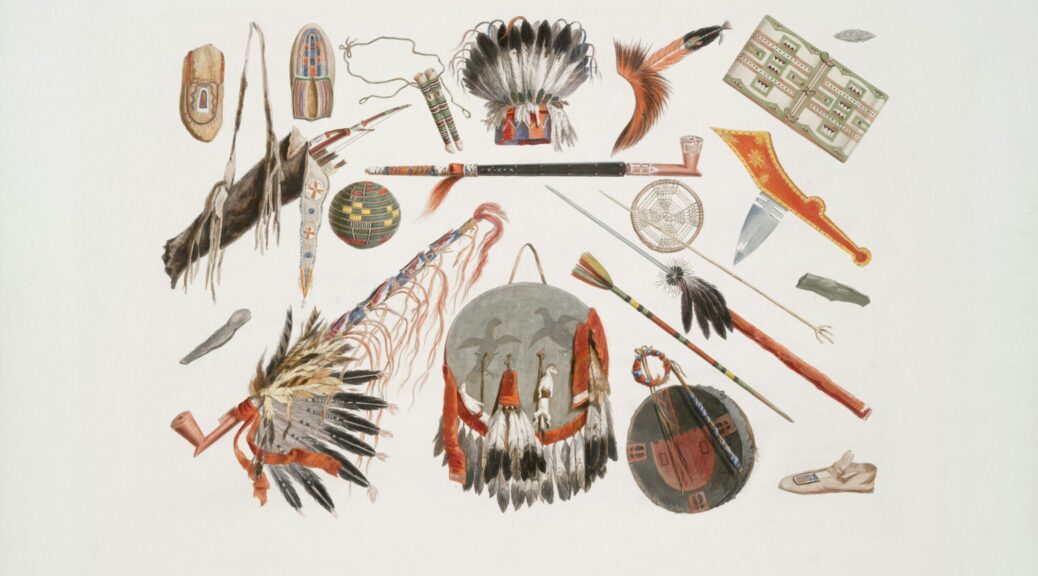‘REMEMBER’
“Treat this earth well:
it is not a present from your parents,
it is on loan to your children.
The people who enrich their minds are those
who keep their history on the leaves of memory.”
INDIANS – NATIVE AMERICANS – ABORIGINALS – INDIGENOUS PEOPLES
Any and all of these terms identify those persons who act as the caretakers of our planet. Some of them, such as the Aborigines of Australia, have sustained the uninterrupted thread of their society for more than 40,000 years. They are the lucky ones.
Continue reading Rediscovering What Has Always Been There – by Glenn Welker





